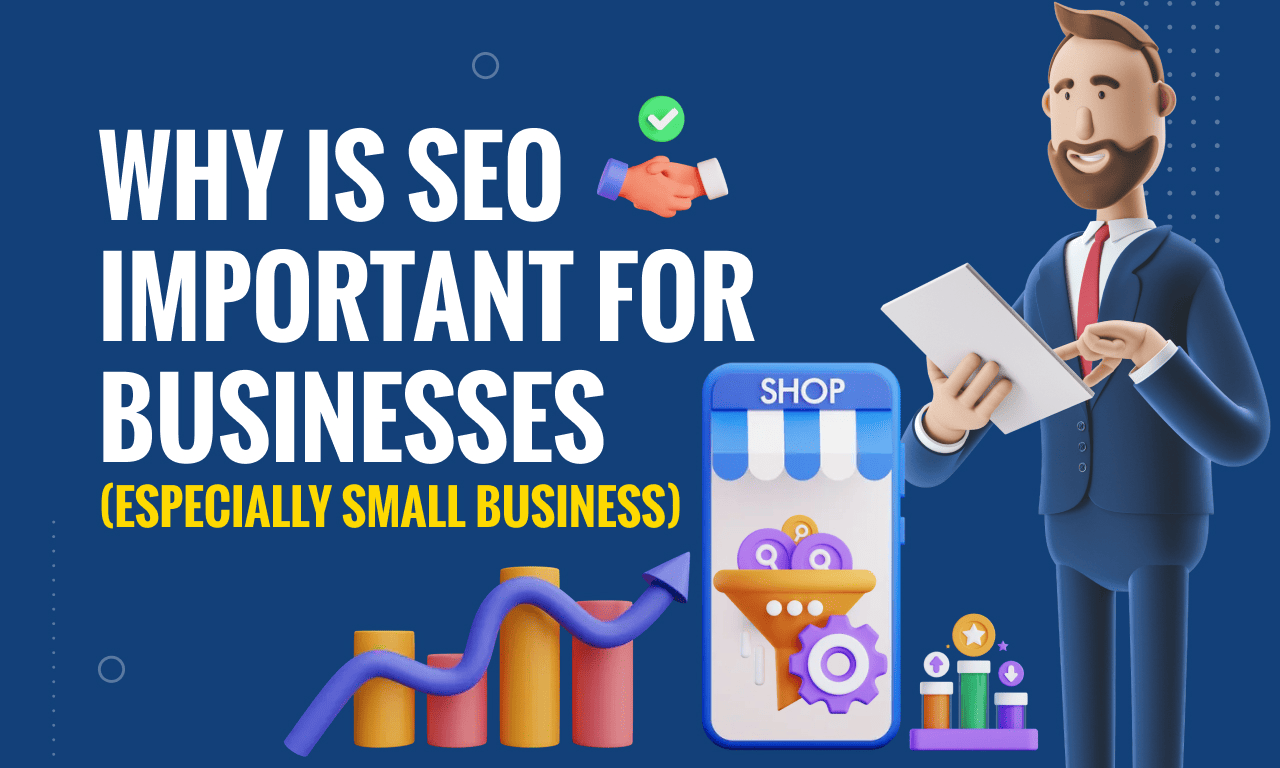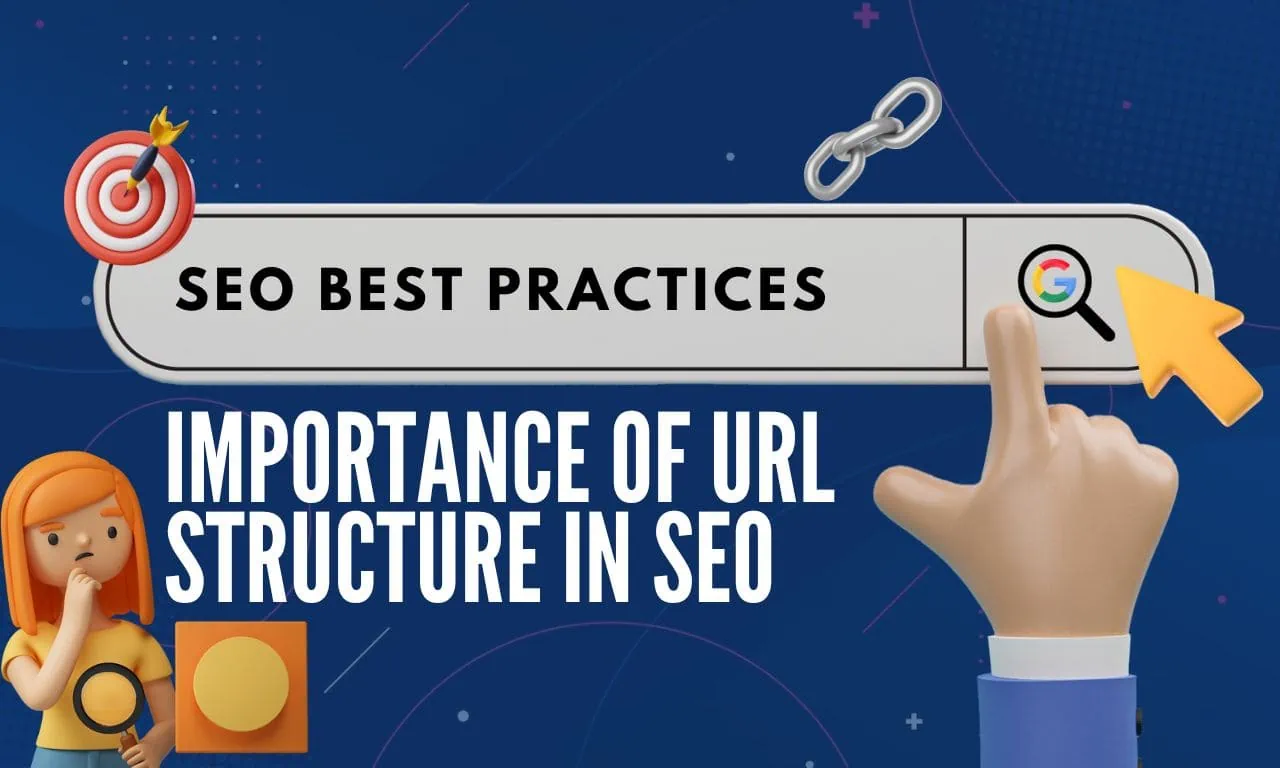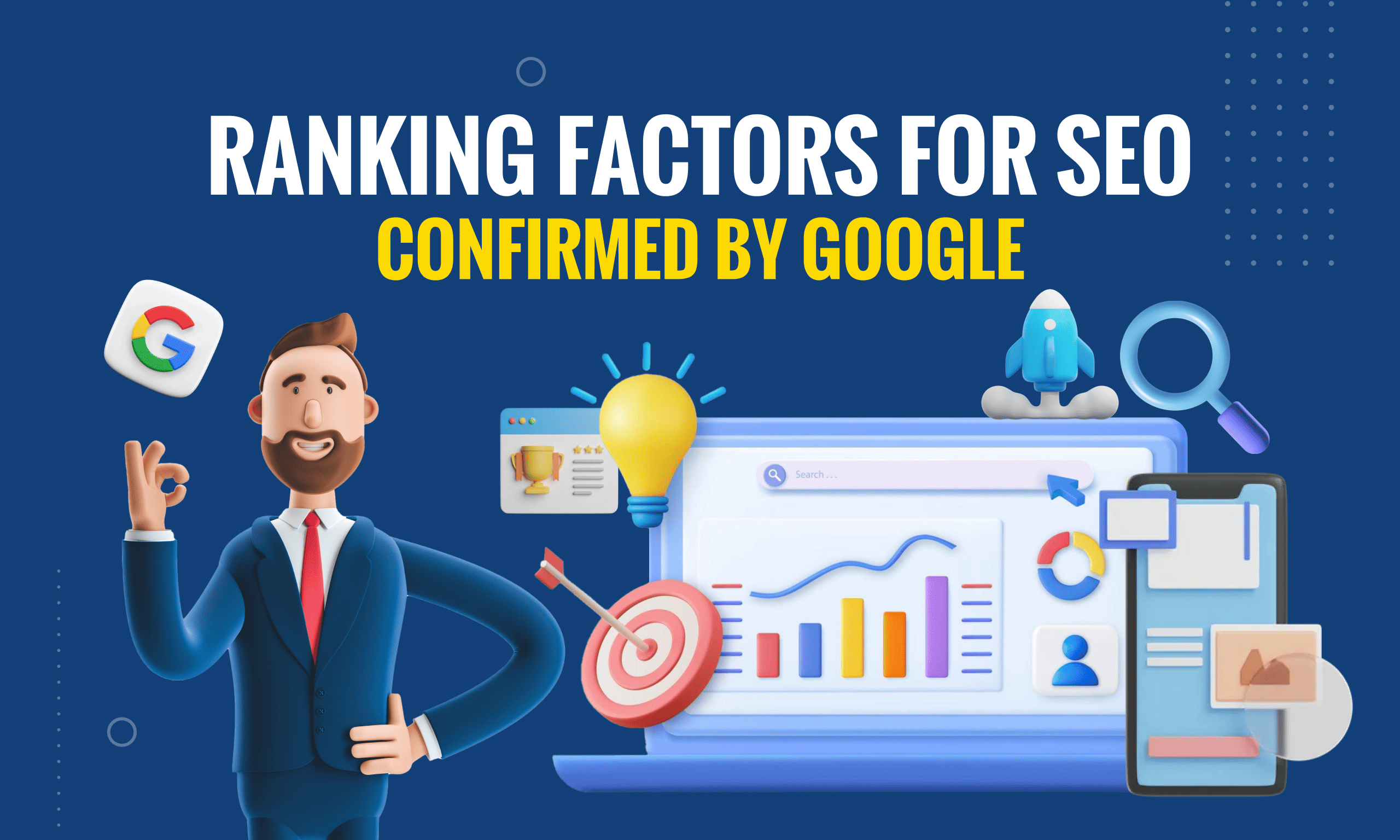If you run a business, particularly in Singapore's highly competitive market, you really need to know about SEO, which stands for Search Engine Optimization.
Think of SEO as a toolkit that helps your business show up more on Google and other search engines. When people look for something they need, like a new coffee shop or where to buy shoes, they usually start by searching on Google. If your business pops up in these searches, more people will visit your website, and this can lead to more customers. In the article, let's dive into more concrete reasons why you need SEO for your company in Singapore.
Key Takeaways
- Investing in SEO is essential for any business looking to stay competitive and drive long-term, sustainable growth.
- There are a few industries that cannot benefit from SEO, for instance, companies with minimal online presence and in highly regulated markets.
- For many companies, SEO remains a key marketing strategy to drive organic traffic and useful leads to your website.
The Importance of SEO: 11 Key Reasons for Your Business
1. The Main Source of Website Traffic is Usually Organic Search

Organic search, often the main source of website traffic, makes search engine optimization indispensable, especially for small businesses.
Organic search refers to the process of finding web pages on search engines like Google by inputting keywords or phrases. This is a vital aspect of marketing efforts, as it helps businesses reach their target audience without relying on paid advertising.
By optimizing their website for search engine results pages (SERPs), businesses can become visible and capture demand on platforms like Google Search, which can significantly boost website traffic.
2. SEO Increases Your Visibility (Rule of 7)
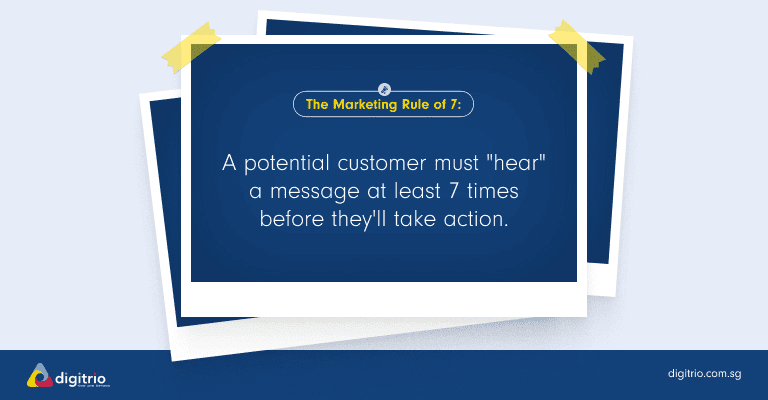
The Marketing "Rule of 7" states that a prospect needs to “hear” the advertiser's message at least 7 times before they'll take action to buy that product or service.
So how can SEO achieve this? Here's how it works—when you do SEO (in conjunction with content marketing), you will secure higher rankings on SERPs, and appear more when people search for keywords related to your company. This means you will hit the magic number "7" quicker when you do SEO, which will help you raise your conversion rates.
3. Helps You Understand Market Behavior

SEO helps businesses understand market behavior as it involves keyword research to analyze search trends, user intent, and popular keywords. This invaluable information allows businesses to better target their audience and create content that resonates with potential customers. Businesses can directly cater to user needs by answering their search queries and keywords, leading to increased engagement and conversion rates.
For businesses in specific regions or communities, local SEO is also a key player in understanding market behavior. For example, if you optimize a website for a local keyword (e.g., cafes in Chinatown), businesses can ensure that they are visible when potential customers search for that product or service in the area. This targeted approach to SEO can lead to increased online presence and more organic traffic for your business.
4. Allows You to Analyze Competitors

Competitor analysis in SEO provides valuable insights into the tactics used by other successful businesses. Businesses can adapt their SEO strategies by learning from competitors whose websites outperform their own in rankings for relevant keywords and topics.
A proactive approach to competitive analysis in SEO allows businesses to:
5. Promotes Trust and Credibility

Ranking high in Google search results significantly boosts user trust in your website. Studies show that websites appearing on the first page of Google are more likely to be trusted by users. This perception of reliability leads to more clicks and traffic, ultimately enhancing the chances of conversions.
Quality SEO content and a smoothly operating website are key factors in achieving this coveted first-page ranking, as they provide an excellent user experience and establish your business's credibility.
6. Drives Long-Term Growth
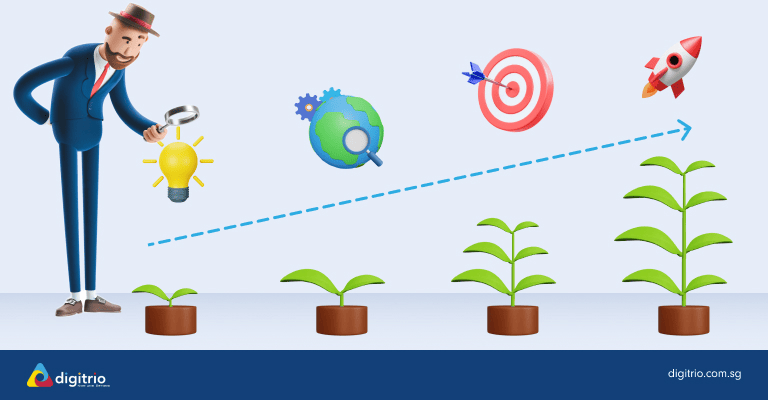
Long-term growth in SEO is the gradual and sustained increase of a website’s search engine rankings and organic traffic over a prolonged period. It necessitates the implementation of a comprehensive SEO strategy that yields results over months and even years.
To adapt to the ever-changing landscape of search algorithms (search engines like Google have frequent updates), continuous SEO efforts are also required.
When you consistently apply SEO tactics and monitor progress through tools like Google Analytics, businesses can:
7. Gives You A Competitive Edge

Businesses can gain a competitive edge and capture potential customers’ attention by outranking competitors in search results through a strong SEO strategy. A competitive edge in SEO is defined as:
8. Provides a Better User Experience
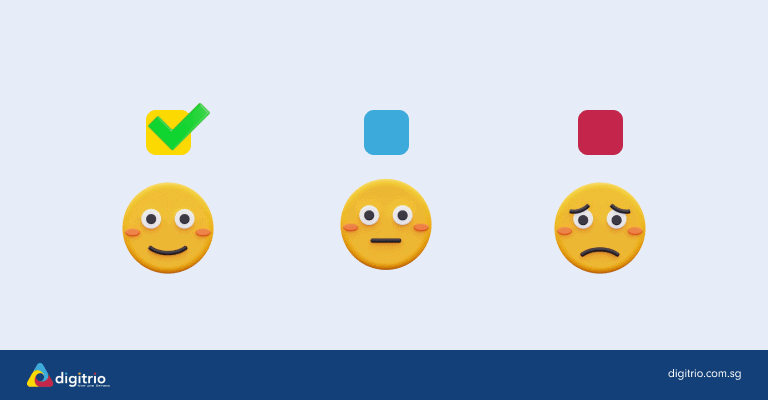
SEO optimization leads to better user experience, seamless customer interactions, reduced bounce rates, and increased conversions.
Here are the 3 aspects of SEO that contribute to user experience:
By focusing on all 3 aspects of SEO, your business can provide a better user experience, increase user engagement, drive more traffic, and ultimately achieve higher conversion rates.
Learn more about on-page SEO, off-page SEO, and technical SEO.
9. SEO Is Cost Effective

Compared to paid advertising, SEO is a cost-effective marketing strategy that provides long-lasting results and a higher return on investment.
Businesses that invest in SEO can drive traffic and potential customers to their websites through organic search results rather than relying on expensive paid advertising campaigns.
The advantages of SEO for cost-effective marketing include:
Paid advertising, such as pay-per-click (PPC) campaigns, can be expensive and may not always yield the desired results. In contrast, SEO focuses on improving website rankings organically, leading to more sustainable outcomes and a lower overall marketing expense.
10. Improves Lead Quality

SEO targets users actively searching for solutions, which creates more qualified leads. By focusing on attracting users who are genuinely interested in your products or services, businesses can increase the likelihood of converting potential customers into loyal clients.
Therefore high lead quality implies that the leads generated through SEO efforts are more likely to be successful in terms of conversions and sales.
11. Provides Sustainable Market Positioning

Continuous SEO efforts ensure sustainable market positioning, maintaining your business’s online presence, and adaptation to evolving search algorithms. By staying informed of SEO trends and algorithm changes, businesses can modify their strategies accordingly, ensuring that their online presence remains strong and their market position is sustainable.
Investing in a comprehensive SEO strategy, such as the one offered by Digitrio, can lead to significant benefits and a sustainable market position. By continuously applying SEO tactics and monitoring progress through tools like Google Analytics, businesses can maintain and improve their search engine rankings, ensuring long-term success and growth.
Which Businesses Can’t Benefit from SEO?
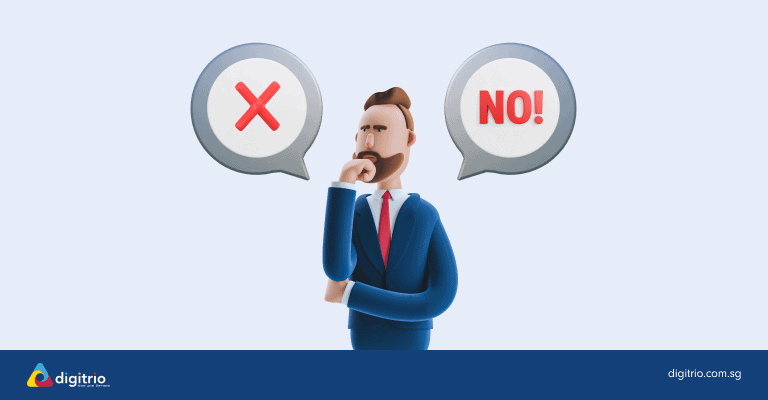
1. Businesses Offering New Products or Services
People can’t search for new products or services on the search engine results page if they don’t know what it is. A user would not have known to search for ride-hailing services or carpooling if they didn’t know what they were. SEO optimizes the ranking of a web page for existing searches that are already taking place.
In such cases, the most important thing is to create awareness first. A brand may rely on content marketing and paid advertising in the beginning and turn to SEO later on when their product or service has become more established and there are more organic searches.
2. Businesses Looking for Rapid Results
With SEO, you might not see results for a month or two. There are a few reasons for this:
Hence, for businesses that want results immediately, SEO might not work here.
3. Businesses that Promote Events or One-Time Offerings
Some businesses promote one-time offers or an event that only lasts for a day or two. In that case, SEO might not work since it can take weeks or months for site indexing. The most effective digital marketing strategy for such offerings would be creating landing pages in advance, pay-per-click ads, or social media advertising.
4. Businesses That Do Not Require An Online Presence
Some businesses do not need to actively advertise their products or services online to generate sales. In such cases, SEO tactics may not yield the desired results. However, even if no one else is doing SEO in your industry, choosing to go digital early may give you a competitive advantage as well.
If you're unsure, you may reach out to us to check if your potential customers may be searching for you or your products online.
Is Your Company In Need of SEO?
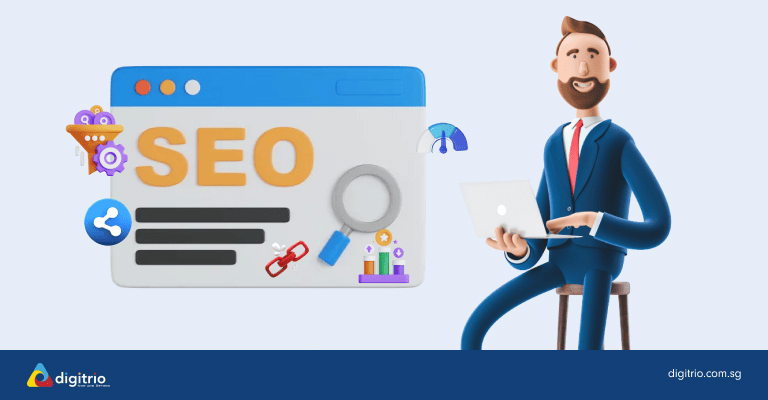
Investing in a proper SEO strategy can lead to sustainable, long-term, and tangible results for your company in Singapore.
By understanding the value of SEO and implementing the right tactics, your business can beat the competition and stay ahead not just in Google rankings, but also in traffic and conversions.
However, if you know what SEO is, but don't know how to create an effective SEO strategy, it is best to seek professional SEO help. If you've got a question about SEO, reach out to us and we'll get back to you with free SEO advice and a proposal, or enquire more about our SEO package (with no lock-in contracts!) today.
Frequently Asked Questions
SEO is crucial for small businesses, especially in competitive markets like Singapore, for several key reasons:
Increased Online Visibility: SEO helps small businesses appear prominently in search results, making them more visible to potential customers who begin their searches online.
Customer Insight: It provides valuable insights into market trends and customer preferences, enabling businesses to tailor their content and offerings to meet specific customer needs.
Competitive Edge: Through SEO, small businesses can analyze and outperform competitors in search rankings, attracting more potential customers.
Cost-Effective Marketing: SEO is more economical than paid advertising, providing lasting results and higher returns on investment.
Improved User Experience: Effective SEO enhances the overall user experience of a website, leading to higher engagement and conversion rates.
Sustainable Growth: Continuous SEO efforts lead to long-term growth and market positioning, adapting to changes in search algorithms and maintaining online presence and relevance.
SEO is not absolutely necessary, but it is a powerful way to improve a company's online presence, increase brand visibility, and drive organic growth.
SEO is definitely a more viable and cost-effective way to help small businesses compete in a digital environment. To date, we've helped smaller businesses including tuition centres and health clinics, to medium to larger-sized businesses such as restaurants, schools, hotels, and many more.
Studies have shown that organic search often serves as the main source of website traffic, highlighting the significance of SEO for businesses in Singapore. By strategically optimizing their websites to rank higher in search engine results, these businesses can effectively increase their online visibility. This approach not only drives more traffic to their websites but also ensures they are reaching their potential customers in the increasingly competitive digital marketplace

